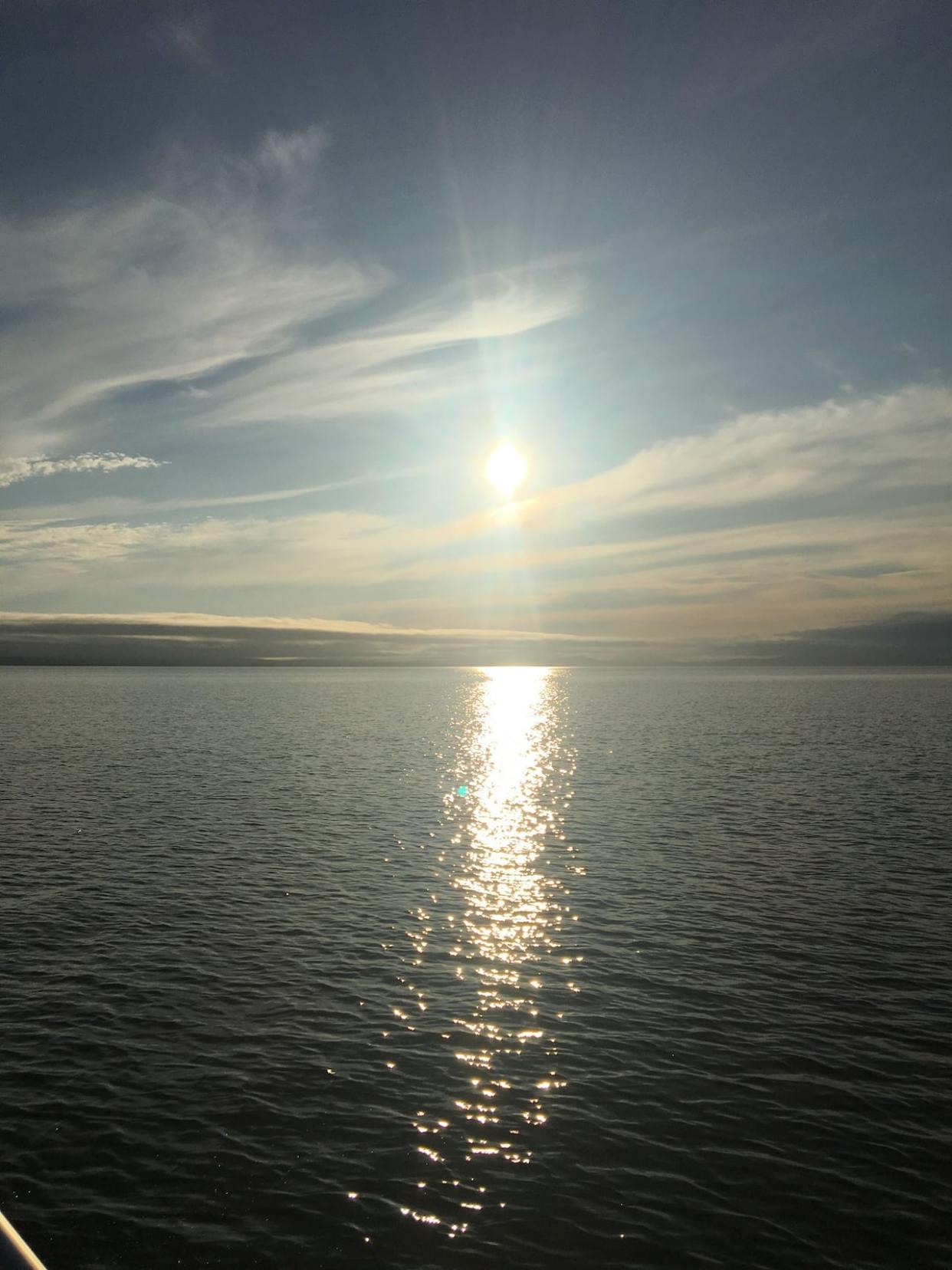Have knowledge on the coast of Labrador? You could help inform future research


The Department of Fisheries and Oceans is working to update its coastal resource inventory, which is fuelled by community-based research in areas like Lake Melville, Labrador. (Submitted by Wyman Jacque)
The Federal Department of Fisheries and Oceans is working to update its community-based coastal resource inventory — and if you live in Labrador, you can help fill it in.
The original database used data gathered from 1996 to 2007, according to Paola Vincent, who heads the Labrador outreach process. The database was valuable in different research efforts, including environmental assessments, academic research and more.
"In 26 years, a lot could have really changed in these coastal communities," Vincent recently told CBC Radio, comparing the work to fill in the inventory to a community science project.
"You can have a researcher go out to a beach that used to have capelin spawning … They can spend a year, or maybe if they're lucky a couple of years, you know, studying that beach," she said.
"But where they're really going to get some valuable information is going to the community. And they can potentially see what that beach has looked like over decades or even generations."
Vincent said much of the work being done is collecting data in traditional and current fishing areas, with a specific focus on the Labrador Straits and into Lake Melville.
Valuable data has already been collected on different species in recreational areas, including reports of dogfish sharks in the Labrador Straits.
"We're looking at where you've seen different birds and whales and lobster and cod. Invasive species. We're also looking at coastal changes. If you've noticed, you know, your beach area has become a lot larger or smaller," she said.
LISTEN | Hear Paola Vincent's full conversation with Labrador Morning Host Rhivu Rashid:
"Anyone can really participate that spends time in those coastal areas."
The data will be available for research purposes once collected and published, and will feature different maps and viewing methods, Vincent said.
Vincent will be in southern Labrador for three weeks in March and into April, where in-person and virtual interviews can happen if anyone has information to share.
Download our free CBC News app to sign up for push alerts for CBC Newfoundland and Labrador. Click here to visit our landing page.

